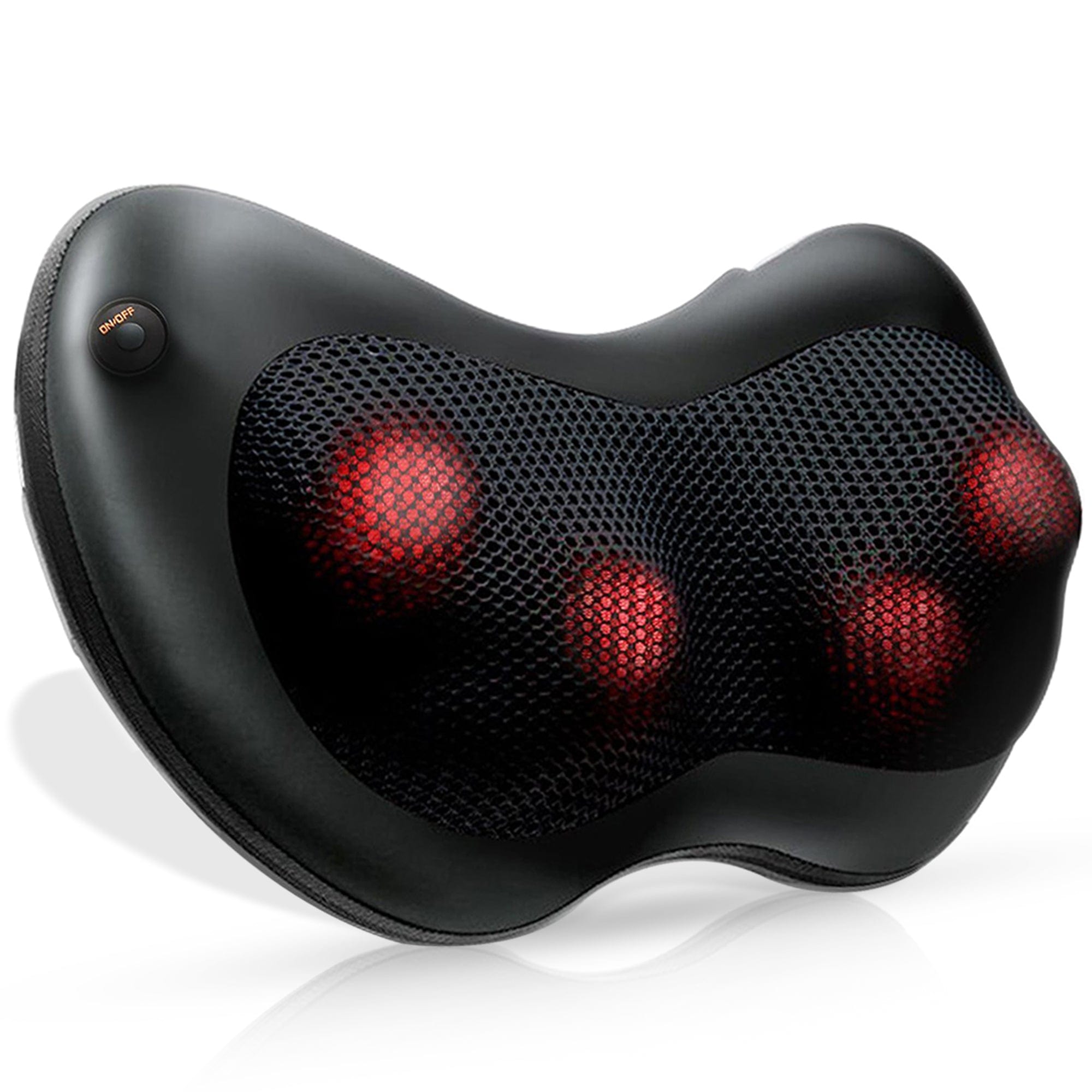Heat therapy should be avoided for circulatory problems, such as peripheral artery disease, numbness or Impaired Sensation, burns, open wounds, etc.
Giving your muscles a break is always a good idea to maintain a healthy movement of tissues, muscles, and body. Heat therapy provides relief from persistent pains associated with muscle stiffness, sensitivity, and cramping.
IMPORTANT!
Before applying heat therapy you must be aware of the right process and situation when you should apply heat therapy and when you should avoid it.
No doubt heat therapy brings huge relaxation and health benefits however if not used the right way and right situation it can become life-threatening as well. Hence we will be sharing the situation where you can use heat therapy and on the flip side when you must avoid heat therapy.
Situations When You Can Use Heat Therapy
Muscle Pain and Tension, Arthritis and Joint Pain, Menstrual Cramps, Chronic Pain Conditions, Stress Reduction, Pre-Exercise Warm-Up, Muscle Spasms, Cold Weather, Before Stretching or Yoga, and Sleep Promotion.
When Not To Use Heat Therapy
Now is the important part, before going to the doctor it is necessary to know what should be avoided to not worsen the situation.
Avoid applying heat therapy in the below situations
Active Inflammation: Do not use heat on an actively inflamed area. Heat can worsen inflammation by increasing blood flow to the area. If you have a fresh injury with swelling, use cold therapy (ice) instead during the initial 48 hours.
Open Wounds: Avoid using heat therapy on open wounds, as it can increase the risk of infection.
Burns or Sunburn: Applying heat to an area with a burn or sunburn can exacerbate the damage and worsen pain.
Sensitive skin or any skin issues: If you have any skin-related issues, consult your doctor first.
Fever: Avoid applying additional heat to your body if you have a fever. It can raise your body temperature further.
Certain Medications: Some medications can affect your skin's sensitivity to heat. If you're taking medications that may affect your skin's response, consult your healthcare provider for guidance.
Young Children and Elderly Individuals: Use caution when applying heat therapy to very young children or elderly individuals, as their skin may be more sensitive to temperature changes. Ensure that the heat source is not too hot and is used with care.
Being aware is always beneficial to get the right results. Studies show that heat therapy helps in instant relief and certain treatments. Make sure to choose the right heat or cold pads to use with proper guidelines.
Note:
Always consult your doctor if you face any discomfort or issues while applying heat therapy.
Do not put on a heating pad while sleeping or overnight.
Use a heat pad for 10 to 20 minutes at a time, do not use it for a longer time in one go.
Ensure not to cause yourself more pain and avoid burns by using a towel between the heating pad and your skin.
Dr Trust Hot and Cold Therapy
Get yourself a reusable hot and cold therapy pad.
Perfect to use on the lower back, hip, thigh, and other body areas for quick pain relief. Great for lower back pain, stomach aches, stiff neck, and shoulder, etc
Know more about











